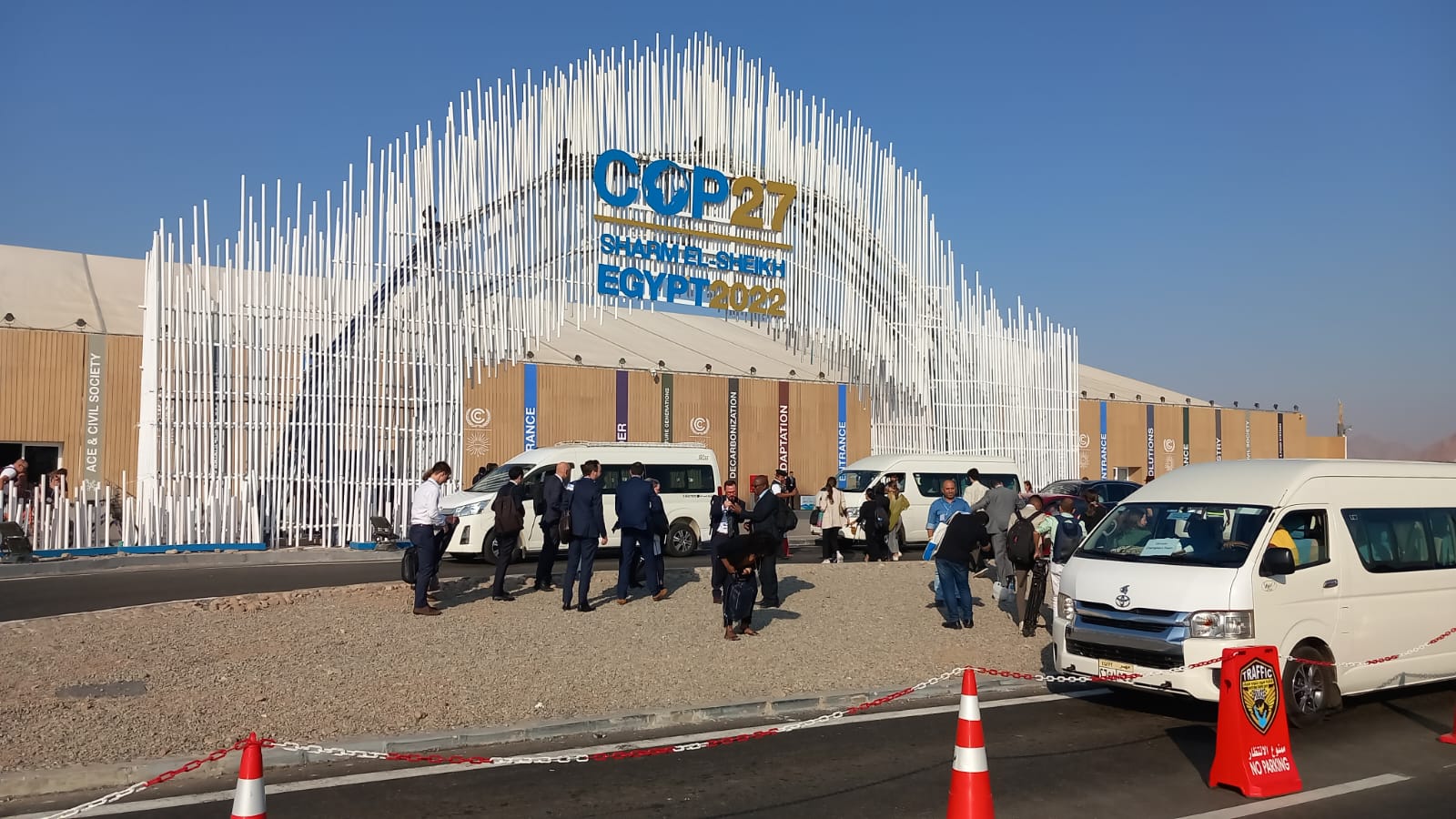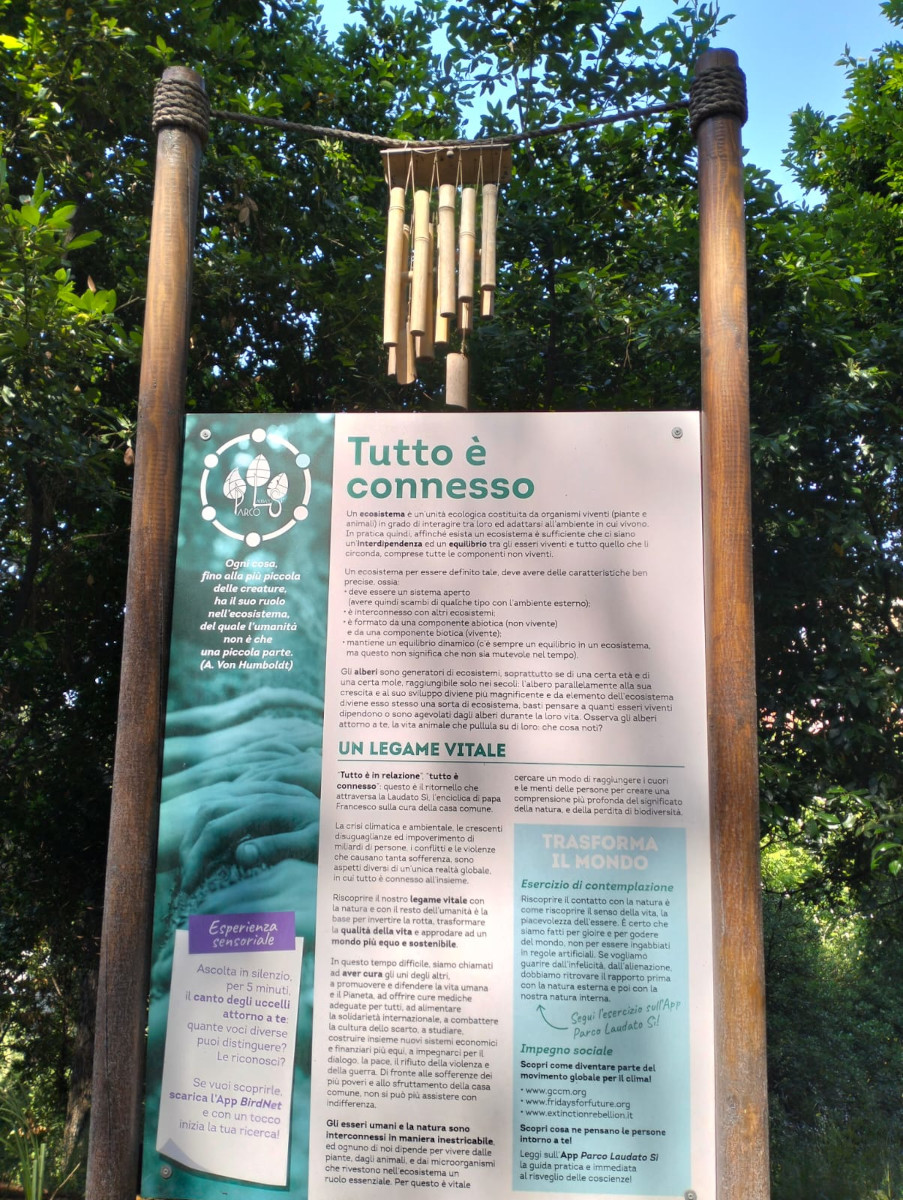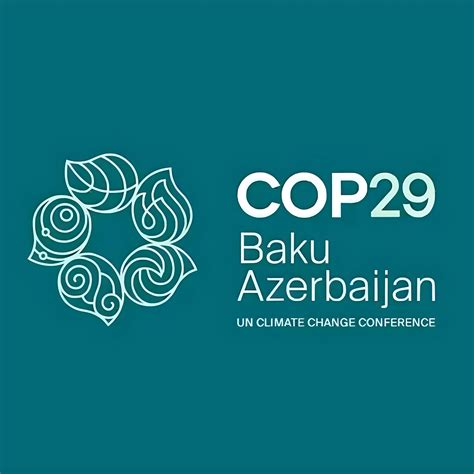REFLECTIONS ON COP27
COP27 in Sharm-el-Sheikh in many ways an African COP. There was broad participation from the Continent, including States, regional bodies and a vibrant civil society. Above all, it placed the issue of climate justice at the centre: the countries that contributed least to the climate crisis are the ones paying the highest price. Those who polluted must pay their climate debt, so that no one is left behind.
It was two weeks of very intense and exhausting negotiations, culminating in a historic decision: the establishment of a fund to compensate for climate change loss and damage, after 30 years of political struggle. But it is only the beginning to a real breakthrough. In fact, no agreement has been found on the rules of such a fund: how to finance it, who is entitled to benefit from it, under what conditions, and the amount of the fund. At best, an agreement will be reached in 2024, but this is by no means assured.
The biggest disappointment has been on the front of reducing greenhouse gas emissions and climate change adaptation funding. In Glasgow in 2021, we were deadlocked on these points, but the proposal to raise emissions reduction ambitions annually and to increase funding for adaptation, a priority for the global South, had passed. No significant progress was made on these points. The goal of containing the average temperature increase to within 1.5°C above pre-industrial levels – necessary to limit damage that will be very serious at that level anyway – is rapidly slipping out of our hands.
Moreover, COP27 has put Africa dangerously on the path of expanding fossil fuel extraction. Of the 15 gas contracts signed in Sharm-el-Sheikh, eight involve African countries. Several African politicians claim the right to a fair transition and thus to investments in the extraction of gas – considered a transition fuel – for the continent’s energy needs for development. In fact, Africa’s emissions only reach 3.5% of the global total and that sould be in line with the principle of common but differentiated responsibility. In reality, history teaches that such extractive projects do not benefit African peoples, but European markets, which are now trying to overcome dependence on Russian gas. Moreover, these are costly long-term investments, with often devastating immediate impacts on local populations and the environment, while Africa also needs an energy transition today.
Overall, COP27 showed the current crisis of multilateralism. Despite the efforts and commitment in the negotiations, we have not come minimally close to the radical changes that are needed, as the scientific reports of the IPCC show. The principle of consensus is crucial because a sustainable solution requires unity of purpose, participation and commitment from all. However, progress is too small and slow to adequately respond to the climate crisis. In the face of epochal crises, as the COVD19 showed, radical action is needed, new thinking and action is required.
There is therefore a need for strong pressure from outside the negotiating system. At COP27, civil society advocated global proposals that would create the conditions for game changing negotiations:
– A Fossil Fuel Non-Proliferation Treaty, based on three points: prevent the proliferation of coal, oil and gas by ending all new exploration and production; phase out current fossil fuel production in line with the global climate target of 1.5°C; and accelerate real solutions and a fair transition for every worker, community and country. Of course, fossil fuel subsidies must be eliminated immediately.
– The introduction of the Crime of Ecocide in the Rome Statute of the International Criminal Court: this refers to unlawful or reckless acts committed with knowledge that there is a substantial probability that such acts will cause serious and widespread or long-term damage to the environment.
– The government of Vanuatu is leading a group of 18 states to submit a resolution to the UN General Assembly to request an advisory opinion from the International Court of Justice on the international community’s obligations to safeguard the human rights and future generations in relation to climate change. This pronouncement would accelerate climate action.
– Those who have profited and contributed most to the climate crisis should finance climate reparations. It is time to make multinationals, banks and fossil fuel companies pay for the damage they have caused and end the era of huge profits without taxes. Globally, only 100 multinationals are responsible for 70% of all global emissions. A pressure campaign proposes to tax the super-profits of the 50 largest fossil fuel multinationals. It is estimated that this year these profits – not revenues! – will be in the order of $250 billion. A 20% tax would finance half of the climate financing target.
– A new development model: the sustainability of the planet requires a 60% decrease in energy demand from current levels and a just transition from an extractive economy to a caring, circular economy based on renewable energies as common goods.
Alberto Parise MCCJ – VIVAT International’s delegate at COP27




